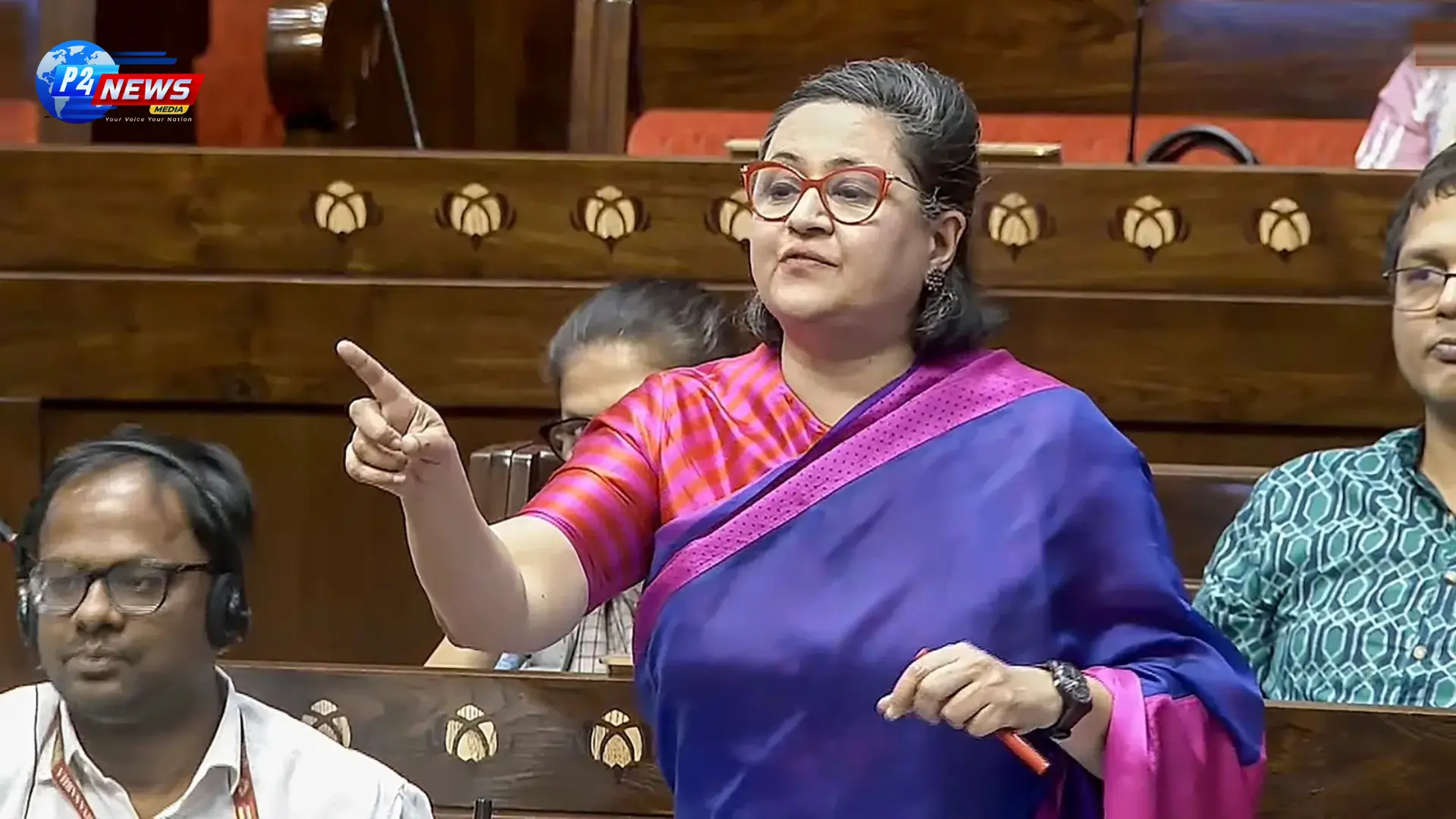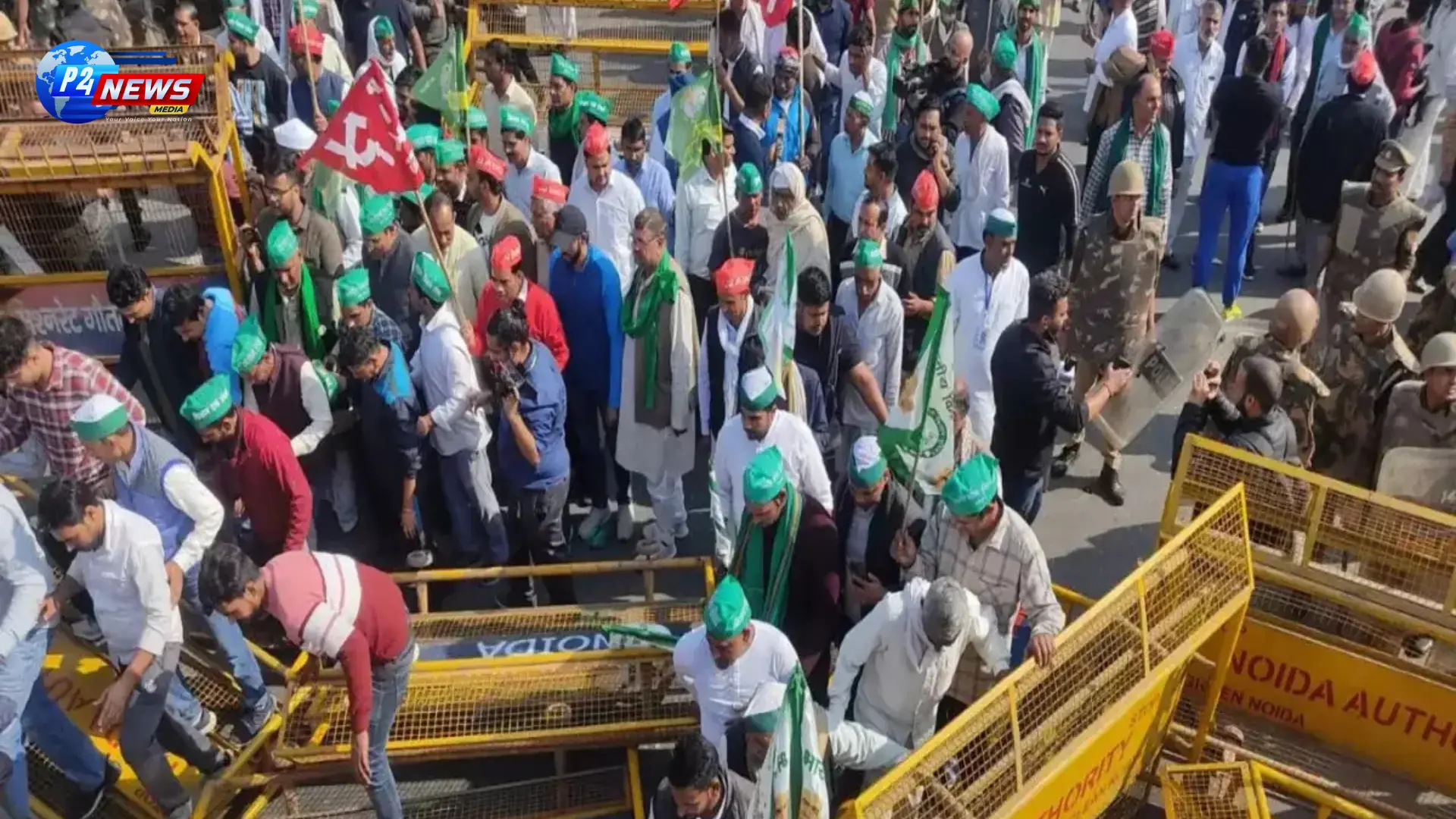During a stormy debate in Rajya Sabha, opposition parties accused the NDA government of promoting a "Hindification" agenda by changing the titles of crucial laws to Hindi, stirring fierce criticism and demands for inclusivity in legislative language.
In a heated session of the Rajya Sabha, leaders from various opposition parties voiced their discontent regarding the NDA government's recent legislative moves, accusing it of advancing a "Hindification" agenda. The debate centered around the newly proposed Bharatiya Vayuyan Vidheyak, a bill intended to overhaul the nearly century-old Aircraft Act. The change in title from English to Hindi was labeled by critics as an imposition of Hindi, with TMC MP Sagarika Ghose leading the charge.
Ghose fervently opposed the title change, articulating her concern that such actions signify a broader attempt by the government to impose Hindi over other languages. She asserted that the 2024 mandate was meant to promote "diversity, dividend, and the federal principle," whereas the current trajectory suggests a prioritization of a singular linguistic identity.
The government's response, as articulated by NDA representatives, was dismissive of the opposition's claims, characterizing their concerns as relics of a colonial mindset. The conversation highlighted a rift between the ruling party’s vision for a unified national identity and the opposition's calls for multi-lingual representation in legislative processes.
During the same session, calls were made for the government to reconsider not just the title, but the overarching implications of such changes on the legislative framework and the diversity of India. A member of the YSRCP echoed these sentiments, urging the government to be mindful of the linguistic diversity that characterizes the nation.
Further deepening the discussion, TMC's Ghose pointed out how the Indian Penal Code was transformed into the Bharatiya Nyaya Sanhita, indicating a trend that could alienate non-Hindi speaking citizens. DMK MP Kanimozhi NVN Somu added her voice to the chorus, requesting the central government to refrain from adopting Hindi or Sanskrit titles, arguing that it risks marginalizing significant segments of the population.
The Bharatiya Vayuyan Vidheyak bill's principal objective is to enhance the ease of doing business within the aviation sector and attract foreign investments. Critics argue that while the bill aims to facilitate business, the choice of language could conversely lead to misunderstanding and exclusion in its application among stakeholders from diverse linguistic backgrounds.
As the debate continues, it becomes increasingly evident that the conversation around language in legislation is not merely about semantics, but rather a reflection of the deeper, more complex issues surrounding identity, inclusion, and governance in a multi-faceted society like India. The opposition's concerns serve as a poignant reminder of the need for thoughtful engagement in policy-making processes that respect and reflect India's rich tapestry of languages and cultures.
As discussions unfold in the legislative sphere, the government faces growing pressure to address these linguistic concerns, striking a balance between national identity and the rich diversity that defines the nation. The outcome of this dialogue could have lasting implications on how laws are crafted and perceived across India, influencing not only the legislative language but also the broader political landscape leading into the 2024 elections.
'
















Comments 0